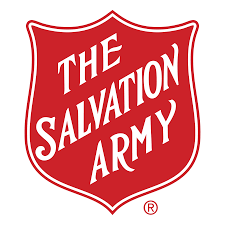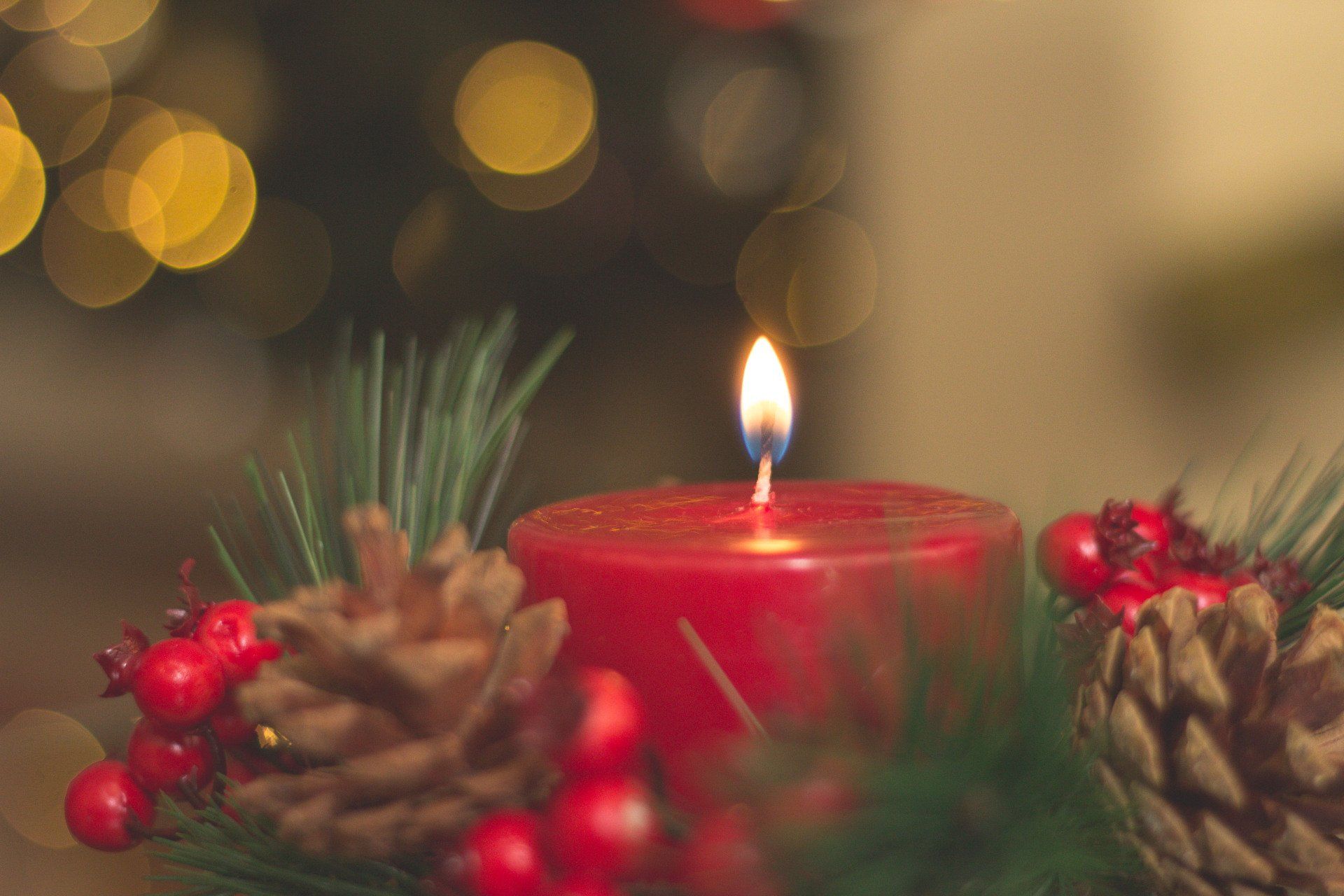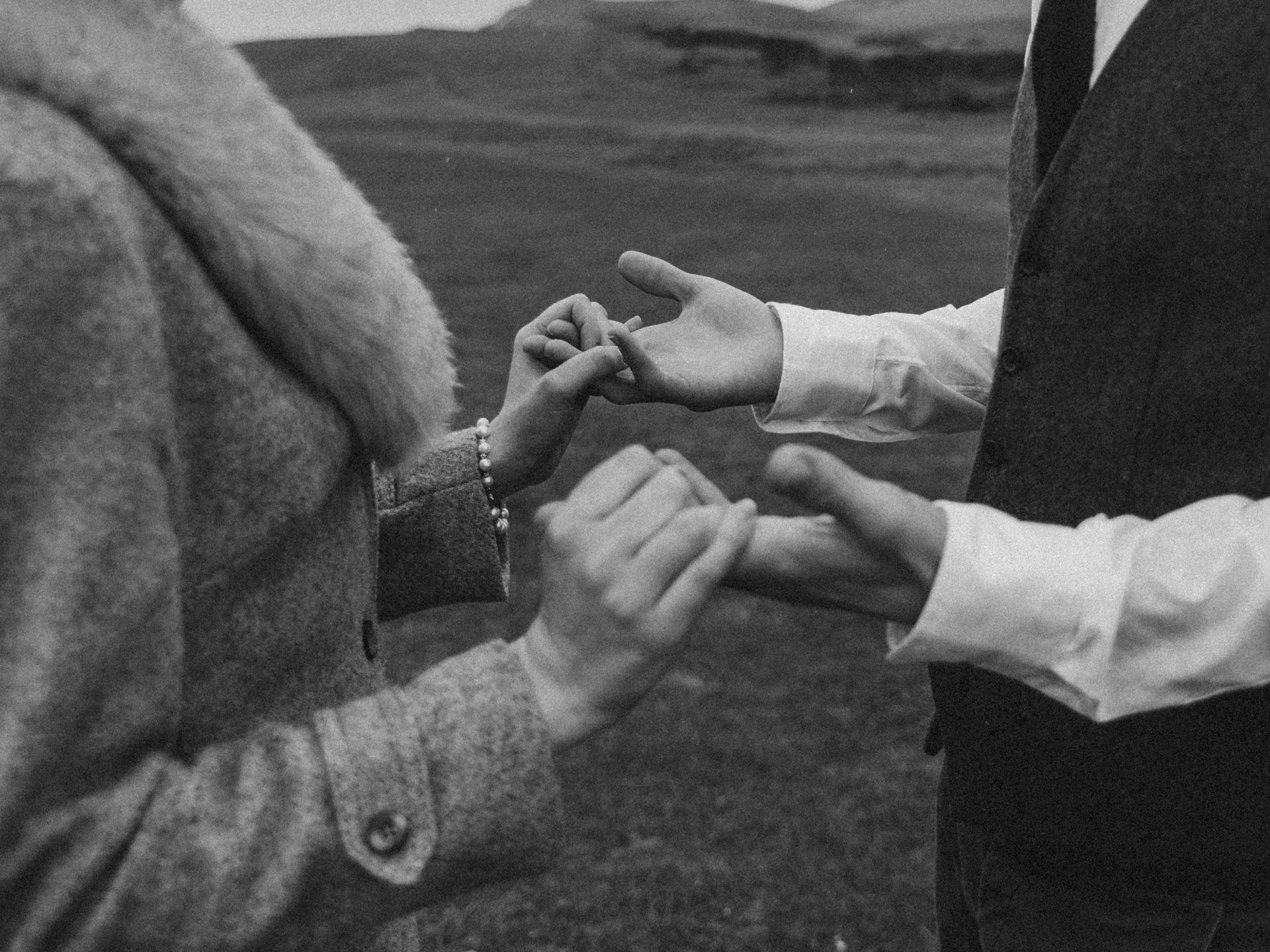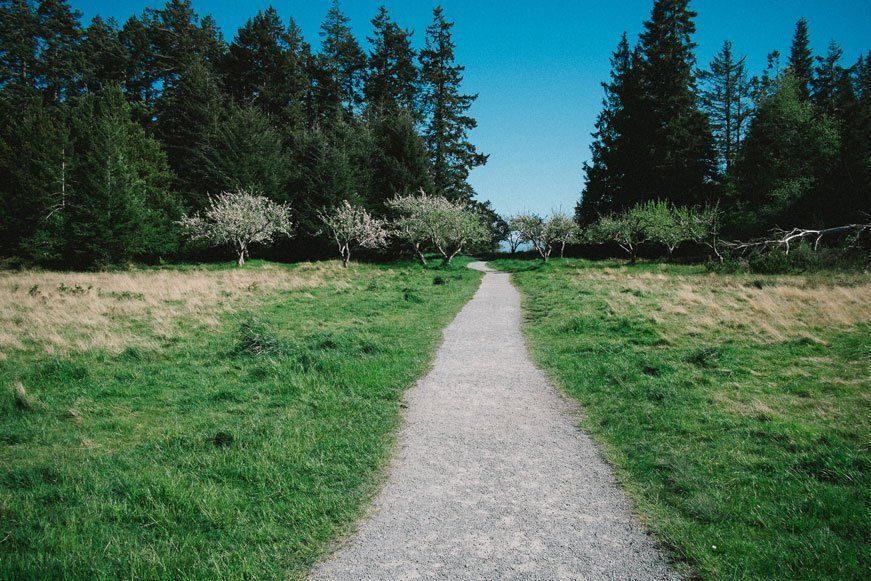The Ten Commandments of a Liberating God
Alice Edge • October 4, 2020
Exodus 20:1-4, 7-9, 12-20
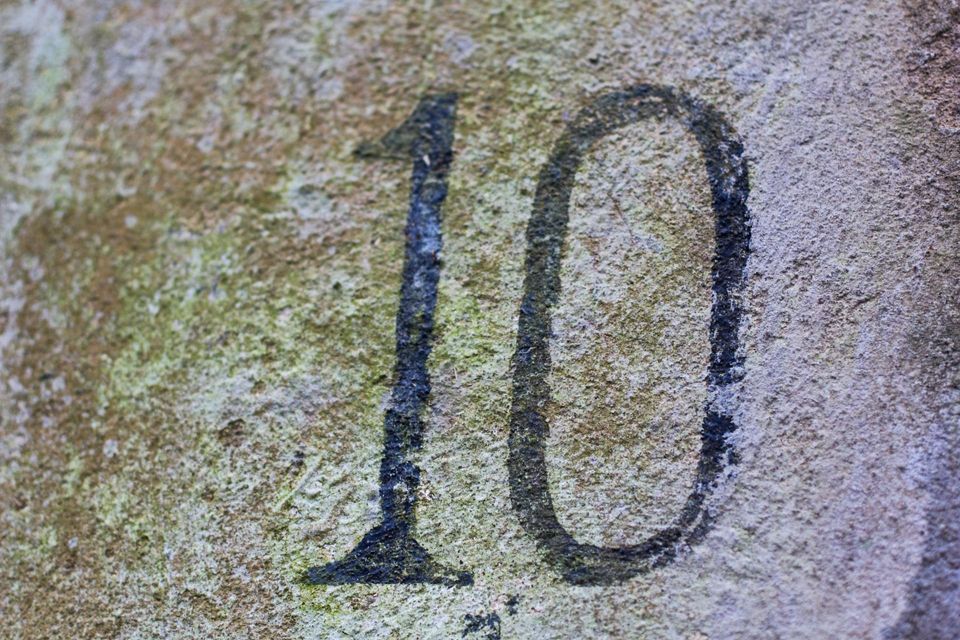
One of my favourite parts of my job is to have conversations with people about God, and more specifically, how we view God through the Scriptures. I like to ask questions, especially within the New Testament stories, around what tone we read into the words that Jesus speaks, especially because you can’t convey tone over text. And so as I sat with the Ten Commandments this week, I was challenged to do the same thing myself in how I read them, trying to keep in mind what I know and understand about God, and how I have experienced God in my life.
This seems like a simple thing in theory, but I soon realised that the lens I put on God in this passage was one of restriction and constraint. I think it’s fair that I’ve thought this way – it’s what I was taught in Sunday school, as well as how I’ve experienced rules playing out in my own life. They become restricting and constraining and usually limits what I want to do, and while some have been helpful, I think some have been a little pointless.
But to understand these rules properly and see how their application should play out in my life and in my community, I was forced to reevaluate how I view the God giving them. The God I know isn’t one of restriction and constraint! The God I know is one that wants us to thrive, to do well, and to liberate me/us from the unhealthy and unjust situations in our lives and in our world. So, I started reading a bit, as I often do, around the Ten Commandments, and found that I wasn’t the first to try to view the Ten Commandments through this different lens. And so I thought I might share with you some of the things I learned, and my new way of understanding these rules for our lives today, and, in particular, how they play out practically in our lives.
The first bit is: “I am the Lord your God, who brought you out of the land of Egypt, out of the house of slavery; you shall have no other gods before me.” In other words, “I freed you from your incarceration, from your unjust working environments where you were treated poorly, and where you worked only to benefit the lives of others, while you continued to suffer. Don’t have another god before me, they don’t put yours and your community’s best interests first.”
Then it’s, “You shall not make for yourself an idol…” And I began to wonder, what idols do we have today? It’s easy to pick money as the top idol, but what about maybe how we create idols out of institutions, churches and church structures and denominations, or our careers, or convenience, or whiteness or male or abusive power because it works for us better sometimes? Do we push God aside so we can have these things because they suit us better?
Next is, “You shall not make wrongful use of the name of the Lord,” and I was struck by this one through the lens of a liberating God. What if it isn’t just using God’s name as a swear word, but more than that, what if it’s about when we weaponise it? What if it’s when we use it against vulnerable people, like how historically (and in some places/ways today) we have used it to endorse slavery, or maybe sexism or war or homophobia or racism? Do we use the name of God to exclude people who make us uncomfortable or are different to us or challenge the way we want to live?
My favourite one is next, “Remember the Sabbath day and keep it holy.” I love this one because it really just gives me permission to rest a day a week. But I’m not sure that that is available to everyone just yet. Some people in our communities work shift work and two or three jobs just to make ends meet. What if this is really holding us accountable to “everyone gets to work and give back to their community six days a week, but no matter who you are, a healthy community and society will give the everyone the same ability to rest a day a week as well, without not being able to pay their bills and or being hungry that week.”
“Honour your father and your mother.” While this one is important just as it is, what if we expand it to honouring the people who formed us and where we came from. I think it becomes easy to weaponise this one as well, because I’ve heard it used to force people back into unhealthy, unsafe relationships with family members, which I am not at all endorsing. But we can give honour and value to those who have stepped in, whether our parents were there or not, and formed us to who we are today.
“Do not murder” seems like a pretty simple commandment, but I was challenged when I read a bit more into this, thinking of the ways I sit quietly by while direct or indirect murders are taking place, mostly due to our unjust society. I thought about asylum seekers who are trapped in detention centres for years, sometimes sent back to their country of origin where they are never heard from again. I thought of the health gap with our Indigenous communities and how we continue to see the long term impact of colonization within our own country. I thought about our LGBTIQ+ youth who are turning to self-harm, suicide, drug abuse and toxic relationships because they are faced with so much bullying and criticism. And I realized in all of that, we still have a long way to go in the “do not murder” department.
“Do not commit adultery” was another one that I thought was pretty simple, until I read this line in one of the sermons: “It means, do not intentionally break your commitments to anyone that you love.” My gosh, I know I’ve done poorly at that one.
“Do not steal” forced me to think more deeply about if the way I live my life is actually stealing from others. Even down to the simplicity of thinking about where I live, the impacts of colonization on our Indigenous peoples, and how the land I live on was stolen all those years ago. It is now something that I take for granted, and sometimes even feel entitled to, and yet has come at a cost and is a result of theft.
When I came to “do not give false testimony against your neighbour,” my mind immediately went to my Sunday school teaching of “don’t lie about people.” But I was challenged to think about what that actually meant as well. What if it means something like, “Don’t value or call your neighbour anything except a child of God, valued and loved by God, unique and valuable and worthy of love and belonging?” I then have to ask myself the question, “Is anything I say about anyone else or think about anyone else counter to that fundamental truth?” And am I listening to lies from others who say that some people are worth less?
And then finally, and I actually came to a lovely point of peace on this one, was “Do not covet.” Instead of it being this huge directive of “stop being so jealous of what everyone else has,” could we turn it to God saying to us, “you already have everything you need?” What if that is true? What if we do already have everything we need? What if God, and then our community, is actually everything we need?
This week for me has been a big learning and wrestling week, and I have to admit, coming to the end of it, thinking about this new way of reframing the Ten Commandments, has left me feeling pretty unsettled and uncomfortable. These confront some of the ways I’m living, what actions I’m taking, and what impact I’m having on the world around me.
But when I read these through the lens of God as a liberating God, I see that if I am actively trying to work towards this way of living, and if every Christian strived to live this way, our communities would begin to look a little more like the Kingdom of God. They aren’t ways of living that are to restrict our wellbeing, but rather improve it, and create a more harmonious environment in which we can all thrive.
Alice Edge
Sermons For The Moment

This is an interesting Psalm – another psalm of ascent. We spoke about these Psalms of Ascent a few weeks ago. They were songs the Jewish people sang as they made their way to Jerusalem to go to the temple, through the forest, along the tracks, camping by the roads. And I believe songs like this kept them focussed and kept their spirits up. I can imagine days of walking together, tiring, boring, hot and dusty. And singing some of these Psalms keep them focussed on the faithfulness of God. Much better then eye spy for the kids. Journeys are not all their cracked up to be even if the destination is worth it. As you know, when I was growing up we always holidayed at Bawley Point past Ulladulla, and in those days it was about a 4 hour drive from Sydney. We always left later than we meant to…and the last 20 mins was on a dirt road. One year when I was probably about 4 years old it was dark by the time we got to the dirt road, and half way along the dirt road, was a dodgy wooden bridge over a river. I think part of the bridge had been damaged and we had to wait a bit in the pitch black darkness before we could proceed. Dad was out with a torch ensuring the bridge was safe to drive on and mum and us 4 kids were sitting in the darkness – no street lights, no moonlight. Of course, you might be able to guess what I said to mum in that car, with fearful crying…you’ve probably heard it from kids before. I said ‘I want to go home’. Mum said to me, ‘we can’t go home Robyn, we’re almost there’. In truth, after the bridge we had the last 10 minutes of a 4 hours journey left. We safely crossed the bridge and we were OK. But I remember it. I remember the feeling of being scarred in the darkness. I remember not liking this journey at all. Even though I always loved the destination. Well this psalm celebrates the end of the journey and the arrival at the destination. Psalm 126:1-3, “When the Lord brought back his exiles to Jerusalem, it was like a dream! We were filled with laughter, and we sang for joy. And the other nations said, “What amazing things the Lord has done for them.” Yes, the Lord has done amazing things for us! What joy!” Before we can understand the laughter and joy of the Israelites, we have to understand their journey. This Psalm looks back to when they arrived back in Jerusalem after 70 long years in Babylon. The captives had experienced great sorrow and mourning in exile. We read these heartbreaking words in Psalm 137: “Beside the rivers of Babylon, we sat and wept as we thought of Jerusalem. We put away our harps, hanging them on the branches of poplar trees. For our captors demanded a song from us. Our tormentors insisted on a joyful hymn: “Sing us one of those songs of Jerusalem!” But how can we sing the songs of the Lord while in a pagan land?” (Psalm 137:1-4). Their tormentors demanded they sing joyfully, but they were like – that’s impossible, it doesn’t come from our heart. So they just sat by the waters of Babylon and wept. But now by an amazing work of God they were suddenly back in Jerusalem. And so their joy came from their heart. The wait was over, the journey was complete. “We were filled with laughter, and we sang for joy.” The journey is the hard bit though isn’t it? I was reminded of this, this week. An Officer couple I was speaking to, said that their teenager said some very hurtful things to them. Stuff like, ‘you make my life worse’. As they spoke to me, I did very little but listen and pray with them. They do have other supports in their life as well, already seeing a psychologist. But what I was thinking in my head as they were speaking was ‘oh the teenage years, I’d forgotten them’. Though we have 2 wonderful young adults in P and K, they were times when it was more than tense. K wears her heart on her sleeve, and to this day apologises for some of the things she said to me. And P, you wouldn’t know what he was thinking, and then all of a sudden all his thoughts and feelings for the last 3 years would come out like molten lava everywhere. A few days later I checked in to see how the couple and their teenager were going. I mentioned in passing about teenage years and very briefly about our experiences. I didn’t want to make it all about me. But I said teenage years can be painful and those years can really hurt everyone in the family. Teenager included. They know that we have a good relationship with P and K and they said to me, you know, this is helpful. It gives us hope. I was like, yep, this too shall pass. Because when you’re in the midst of the journey of pain and sorrow, you sometimes wonder if there’s light at the end of the tunnel. If you’ll laugh again or experience joy again. You begin to wonder, “Is this all that God has for me? Will I ever be happy again?” And here’s the promise in Psalm 126:4-6, “Restore our fortunes, Lord, as streams renew the desert. Those who plant in tears will harvest with shouts of joy. They weep as they go to plant their seed, but they sing as they return with the harvest.” When you are going through a time of deep sorrow, Psalm 126 is strong medicine for your soul. It carries a powerful message of hope. It tells you that times of trouble and sorrow do not last. It tells you that God will turn your sorrow to joy and your tears to laughter. If you are going through a challenging time right now, I pray that this psalm will speak to your heart this morning. Let me tell you right up front, whatever you’re going through, it will get better. God will change your tears to joy. This week I found something I wrote about 10 years ago. I had written it on a piece of paper and there was a whole reflection about my life. At the time we had my mum living with us, she had dementia, and mostly I remember the good times and the fun times with her. I was also the Corps Officer at Glebe and Bob was the manager at William Booth House. After a page of writing I had written something like this “I’m often anxious, I’m usually stressed, I have eczema on my eyelids and ulcers in my mouth. I always feel pressed.” I went out to Bob in the lounge room and I’m like, ‘oh my goodness, eczema on my eyelids and ulcers in my mouth’, often anxious, usually stressed. The thing is, my life feels a long way from that now, and I’d forgotten what that part of my journey felt like. I’m sure when I was there I couldn’t look ahead and see a time of joy…but the truth is that “Those who plant in tears will harvest with shouts of joy. They weep as they go to plant their seed, but they sing as they return with the harvest.” This too shall pass. ‘Yes, the Lord has done amazing things for us!’ says verse 3. God is faithful – he does the healing, the restoring, he brings the streams in the desert that renews and brings fruitfulness. I don’t need to tell you – it takes time. Today, I’m praying for a work of healing in your life, a gradual restoration of joy, of laughter. Like me as a kid, sometimes we don’t like parts of this journey at all. Even though we know our destination is good. And ultimately, we have a destination like no other and that’s the promise of God. A home in heaven made possible through Jesus. May God bless you this week as you look to Him, listen to Him, find your hope in Him and find courage and healing in your journey.
